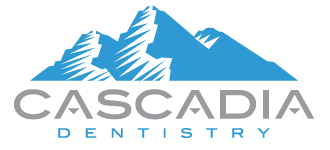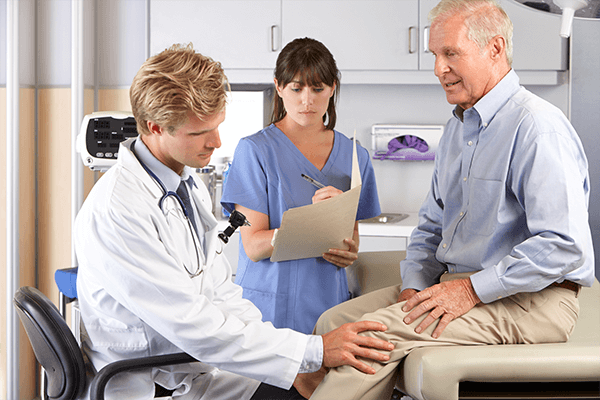
The extensive research on tobacco-based products has provided irrefutable evidence as to the potential harm they may cause. I find that patients of course understand that smoking is damaging for your general health. They may not be as familiar with the ways in which smoking presents risks to your dental health. For example, it is the number one controllable risk factor for periodontal disease, which is a major cause of tooth loss in your adult years. Avoiding smoking will also help prevent conditions like dry socket, which occurs after extraction of a tooth, as well as other conditions, such as delayed healing. Nicotine, the active ingredient in both cigarettes and tobacco vaping products, causes your blood vessels to constrict and lessens the blood flow to your mouth as well as other vital organs. This restriction in blood flow, as well as the release of a multitude of toxic chemicals, results in both delayed healing and increased risk for oral infections, especially after oral surgery.
In recent years, smoking alternative options, specifically e-cigarettes and vaping, have become widely available and have been touted as a better option for smokers. Although studies are still underway, what we do know based on early data is that these smoking alternatives still present significant risks. A recent study published by the National Institute of Health found that the heating coils in many e-cigarettes result in some very toxic substances, such as arsenic, being aerosolized and inhaled into a users’ lungs (https://ehp.niehs.nih.gov/ehp
The lack of regulation by the FDA regarding e-cigarettes and other vaping products means that there is no standardization of these products. While we do know that cigarettes are dangerous for our health, e-cigarettes may not be as bad – or they may be far worse. Without regulation and further studies, the jury is still out as to which is more harmful for your health. Ultimately, the best transition away from cigarettes is still nicotine-based products like gums or patches, and may even be supplemented with medications that may help to curb your cravings.
In short, until these smoking alternatives are regulated, the health effects will continue to be misunderstood or poorly communicated. Any users of vaping-based products should each make their own informed decision, which includes accounting for the lack of information at this time. If you have any questions about this topic or how it relates to your dental health, please feel free to reach out to us at 360-629-7229 or bring it up at your next visit. We are always a resource to our family of patients on topics like this.

 In December 2012, the American Academy of Orthopedic Surgeons (AAOS) and the American Dental Association (ADA) collaboratively announced revised guidelines on the use of antibiotics as a means to prevent the infection of prosthetic joints. The most recent guidelines no longer recommend the routine use of antibiotics in most cases of patients with artificial joints. This revision to existing best practices has been slow to reach the general public. In summary, based on considerable research (
In December 2012, the American Academy of Orthopedic Surgeons (AAOS) and the American Dental Association (ADA) collaboratively announced revised guidelines on the use of antibiotics as a means to prevent the infection of prosthetic joints. The most recent guidelines no longer recommend the routine use of antibiotics in most cases of patients with artificial joints. This revision to existing best practices has been slow to reach the general public. In summary, based on considerable research (